Schneider R9F32332 | Miniature circuit breaker (MCB), Resi9, 3P, 32A, C curve, 4500A (IEC/EN 60898-1)
1,354 EGP2,149 EGP (-37%)
Schneider R9F32332 | Miniature circuit breaker (MCB), Resi9, 3P, 32A, C curve, 4500A (IEC/EN 60898-1)
This Resi9 product is a low voltage miniature circuit breaker (MCB). It is a 3P circuit breaker with 3 protected poles and 32A In rated current and C tripping curve. The Icn rated short circuit breaking capacity is up to 4500A at 400VAC conforming to EN/IEC 60898-1 standard. This product is compliant with EN/IEC 60898-1 standard. This miniature circuit breaker protects circuit against short circuit and overload current. The Resi9 is targeted to residential for individual and collective buildings. It has an electrical endurance going up to 10000 cycles and a mechanical endurance going up to 20000 cycles. The Ue operational voltage is 400VAC. The Ui rated insulation voltage is 440VAC. The operating frequency is 50Hz or 60Hz. It can be mounted on DIN rail for modular installation. Its width is 6 pitches of 9mm. The product colour is white (RAL9003). The dimensions are (W) 54mm x (H) 81mm x (D) 72mm. According to IEC 60529 standard, the degree of protection is IP20 and IP40 in enclosure. The operating temperature is -25°C to 60°C. The storage temperature is -40°C to 60°C.
Introduction Miniature Circuit Breakers (MCBs) are crucial components in electrical systems, providing protection against overcurrents and short circuits. Among them, the Schneider R9F32332 stands out as a reliable option in the Resi9 series, offering specific features tailored for residential and light commercial applications.
What is an MCB? An MCB is an electromechanical device that automatically switches off electrical circuits during abnormal conditions. It serves to protect the circuit and the connected devices from damage caused by overload or short circuit.
Resi9 Range Schneider Electric’s Resi9 range encompasses a variety of MCBs designed for different purposes within residential settings. These MCBs are known for their quality, safety features, and compatibility with modern electrical systems.
3P, 32A, C Curve The designation “3P, 32A, C Curve” refers to specific characteristics of the Schneider R9F32332 MCB. “3P” indicates that it is a three-pole device, suitable for three-phase systems. “32A” denotes its rated current carrying capacity, and “C Curve” specifies its tripping characteristic.
Features The Schneider R9F32332 MCB boasts several features that make it a preferred choice among electricians and homeowners alike. These include:
- Compact size and easy installation.
- High breaking capacity of 4500A according to IEC/EN 60898-1 standards.
- Reliable tripping mechanism for quick response to faults.
- Compatibility with Resi9 enclosures for seamless integration.
- Robust construction for durability and long service life.
Advantages Using Schneider MCBs like the R9F32332 offers numerous advantages:
- Enhanced electrical safety for occupants and property.
- Protection of electrical appliances and devices.
- Reduced downtime due to circuit faults.
- Compliance with industry standards and regulations.
- Peace of mind for homeowners and facility managers.
Application The R9F32332 MCB finds application in various settings, including:
- Residential buildings for protecting lighting and power circuits.
- Commercial establishments like small offices and shops.
- Industrial environments with specific electrical requirements.
Installation Installing a Schneider R9F32332 MCB follows standard procedures for MCBs. It involves:
- Switching off the main power supply.
- Mounting the MCB securely in the distribution board.
- Connecting the incoming and outgoing electrical wires.
- Testing the circuit for proper functioning.
Maintenance To ensure optimal performance and safety, regular maintenance of MCBs is essential. This includes:
- Periodic inspection for signs of wear or damage.
- Cleaning to remove dust and debris that can affect operation.
- Testing the tripping mechanism to verify its responsiveness.
Safety Considerations When dealing with electrical installations, safety should always be a top priority. Some key safety considerations include:
- Working only on de-energized circuits.
- Using appropriate personal protective equipment (PPE).
- Following manufacturer’s instructions and industry best practices.
- Consulting qualified electricians for complex installations or repairs.
Conclusion The Schneider R9F32332 MCB from the Resi9 series offers reliable protection and ease of installation, making it a preferred choice for residential and light commercial applications. Its features, such as high breaking capacity and compatibility with modern enclosures, ensure enhanced electrical safety and peace of mind for users.
FAQs
- What is the difference between MCBs and fuses? MCBs provide automatic circuit protection and can be reset, while fuses require replacement after tripping.
- Can I install an MCB myself? Simple installations may be done by homeowners, but complex installations should be handled by qualified electricians.
- How often should I test my MCBs? Periodic testing, at least once a year, is recommended to ensure proper functioning.
- Do MCBs protect against lightning strikes? MCBs primarily protect against overcurrents and short circuits; additional measures are needed for lightning protection.
- Can I use MCBs for both residential and commercial applications? Yes, MCBs like the Schneider R9F32332 are designed to cater to both residential and light commercial needs.
Additional information
| brands | Schneider Electric |
|---|


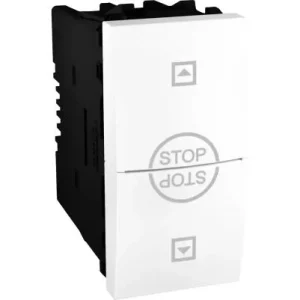
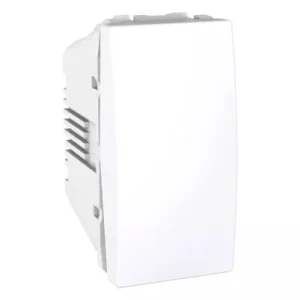
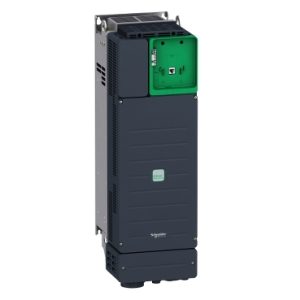
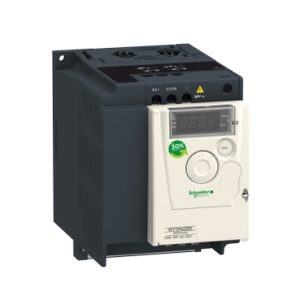
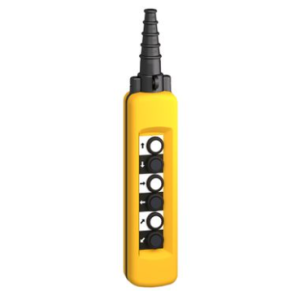
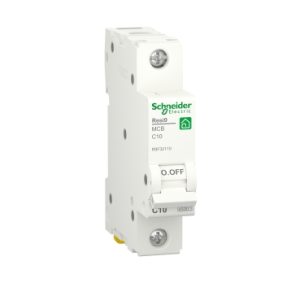
Reviews
There are no reviews yet.